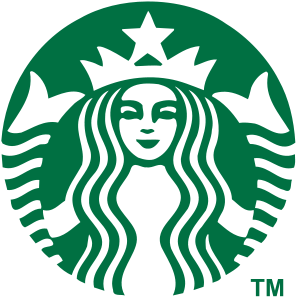
Starbucks is cutting suggested retail prices on its bagged coffee by 10 percent, with the cost going from $9.99 per 1-pound bag to $8.99. Prices of Seattle's Best, also produced by the Seattle-based company, will fall from $7.99 to $6.99, Jim Olson, a spokesman for the company, said in an interview. The price cuts will take effect May 10 in U.S. grocery stores and other retailers, according to the Los Angeles Times.
Starbucks has recently been engaged in a campaign to expand its line of products sold outside of its cafes. In the past year ending September 30, items sold by the company through warehouse clubs and convenience stores jumped 50 percent to $1.29 billion. The world's biggest coffee shop operator will not change the prices of beverages sold in its cafes.
Though retailers will see a dip in what they pay for Starbucks and Seattle's Best coffee, they are free to charge their own prices, meaning that in some locations, consumers may not see a dip in price.
Businessweek wrote that the move could mean that the company is betting on income inequality to continue to widen, as the biggest retail growth has been at the low and high ends of the socioeconomic scale. Specialty drinks brewed in the cafes appeal to the higher-end customer, while the bagged coffee has traditionally appealed to the middle point of that market. According to Rita McGrath, a professor at Columbia Business School, Starbucks is aiming at a lower-priced end of the market dominated by Dunkin' Donuts, Folgers, Maxwell House and other competitors, forcing them to trim margins or give up volume. These companies already cut their prices earlier this year in response to the recently low price of coffee. Starbucks, says McGrath, is betting that it is more efficient than its competition, and that its superior efficiency will allow it to take a bite out of its rivals' share of the lower-price market.
Last year, the company netted approximately $380 million from products sold outside of its cafes. The $1 price decrease will cut sharply into the $2.55 the company made per bag of coffee sold.
In 2012, Starbucks raised the prices of tall brewed coffees and tall lattes sold in cafes in the Northeast, South and Southwest by 10 percent in order to recoup higher commodity costs after the prices of coffee went up. Previously, in 2011, it had increased prices for its Starbucks-brand and Seattle's Best bagged coffee by 12 and 15 percent, respectively.
© 2025 Latin Times. All rights reserved. Do not reproduce without permission.




